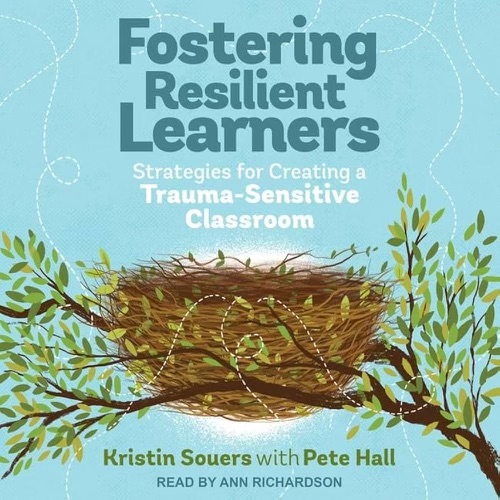Books can be powerful tools in helping foster care professionals and social workers gain insights into the unique needs and experiences of children in the foster care system. Reading the right books can make a world of difference, offering both practical strategies and emotional support to those guiding children through some of the most challenging chapters of their lives. Whether you’re looking to deepen your understanding of trauma, explore attachment theory, or find ways to manage your own well-being, these handpicked titles are essential reads for anyone committed to making a positive impact in foster care.
1. Attachment-Focused Parenting: Effective Strategies to Care for Children by Daniel A. Hughes
Daniel Hughes provides a comprehensive approach to attachment-focused parenting, emphasizing the importance of building trust and resilience. This book is particularly valuable for professionals helping children who may struggle with abandonment and trust issues, equipping caregivers with effective strategies for creating a supportive environment.
2. The Social Worker’s Guide to Children and Families Law by Lynn Davis
This guide is essential for social workers who need to understand the legal aspects of working with children and families. Lynn Davis covers complex legal frameworks in a clear, accessible way, making it easier for professionals to navigate issues related to child protection, parental rights, and the foster care system.
3. Trauma Stewardship: An Everyday Guide to Caring for Self While Caring for Others by Laura van Dernoot Lipsky and Connie Burk
Trauma Stewardship delves into the emotional impact of working in high-stress environments, particularly for those in the foster care field. It provides essential guidance on managing secondary trauma and preventing burnout, helping professionals maintain their own well-being while supporting others.
4. Fostering Resilient Learners: Strategies for Creating a Trauma-Sensitive Classroom by Kristin Souers and Pete Hall
This book offers trauma-sensitive strategies that foster care professionals can adapt to various settings. Although geared toward educators, the tools for helping children regulate emotions and build resilience make it a valuable resource for those working within the foster care system.
5. Parenting from the Inside Out: How a Deeper Self-Understanding Can Help You Raise Children Who Thrive by Daniel J. Siegel, M.D., and Mary Hartzell
Siegel and Hartzell explore how caregivers’ emotional health and self-understanding impact their relationships with children. This book is an excellent resource for foster care professionals who want to foster healthy connections with children, especially those coming from difficult backgrounds.
6. The Boy Who Was Raised as a Dog: And Other Stories from a Child Psychiatrist’s Notebook by Dr. Bruce D. Perry and Maia Szalavitz
This compelling collection of real-life cases by Dr. Perry provides deep insights into how trauma affects children’s development. It’s a powerful read for anyone involved in trauma-informed care, offering essential understanding and empathy for the challenges foster children face.
7. Born for Love: Why Empathy Is Essential—and Endangered by Bruce D. Perry and Maia Szalavitz
In Born for Love, Perry and Szalavitz explore the importance of empathy, particularly for children who may have experienced trauma or neglect. This book provides foster care professionals with a deeper understanding of how empathy develops and the role it plays in healing, which can be crucial for supporting children in care.
8. EMDR and Dissociation: The Progressive Approach by Anabel Gonzalez
Anabel Gonzalez introduces EMDR (Eye Movement Desensitization and Reprocessing) therapy and its applications for treating dissociation, a common experience for children who have endured trauma. This book equips foster care professionals with a deeper understanding of trauma-informed therapeutic techniques, helping them better support children working through intense emotional experiences.
Conclusion
These books are invaluable resources for foster care professionals and social workers committed to making a lasting impact on the lives of children. Each one provides unique insights—from building empathy and resilience to understanding legal frameworks and trauma care—that equip professionals to better support children as they navigate challenging situations. Invest some time in these reads to strengthen your toolkit and inspire a deeper connection to the children you serve. Happy reading, and thank you for the essential work you do!


Leave a Reply